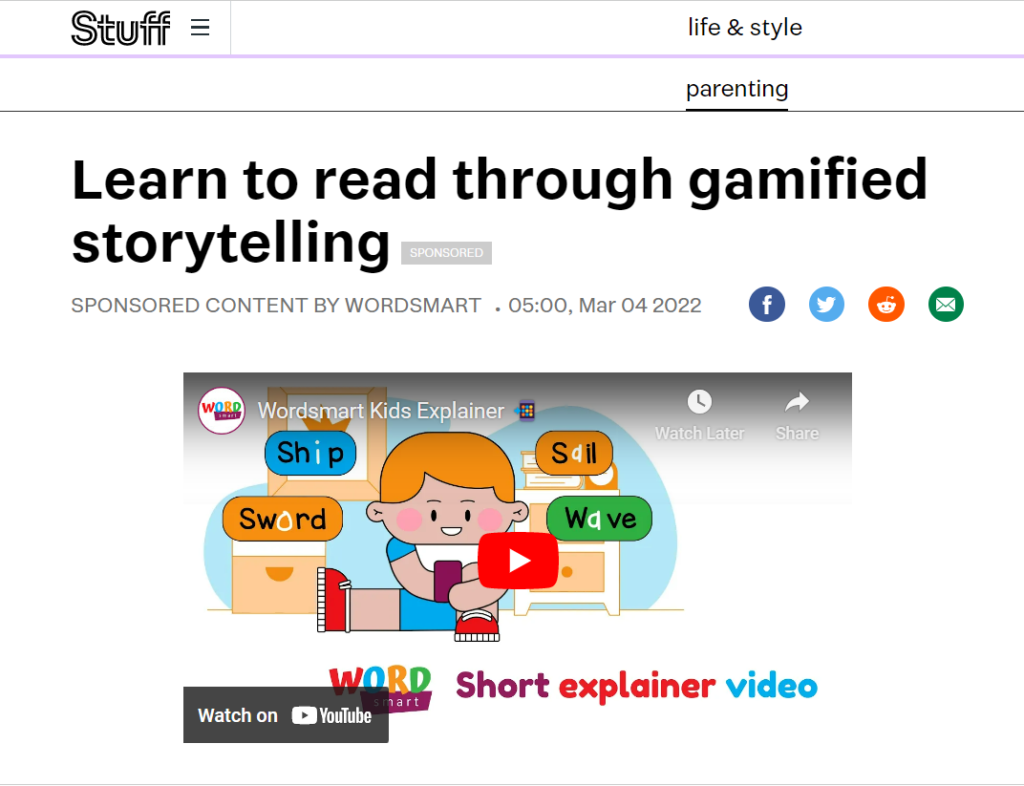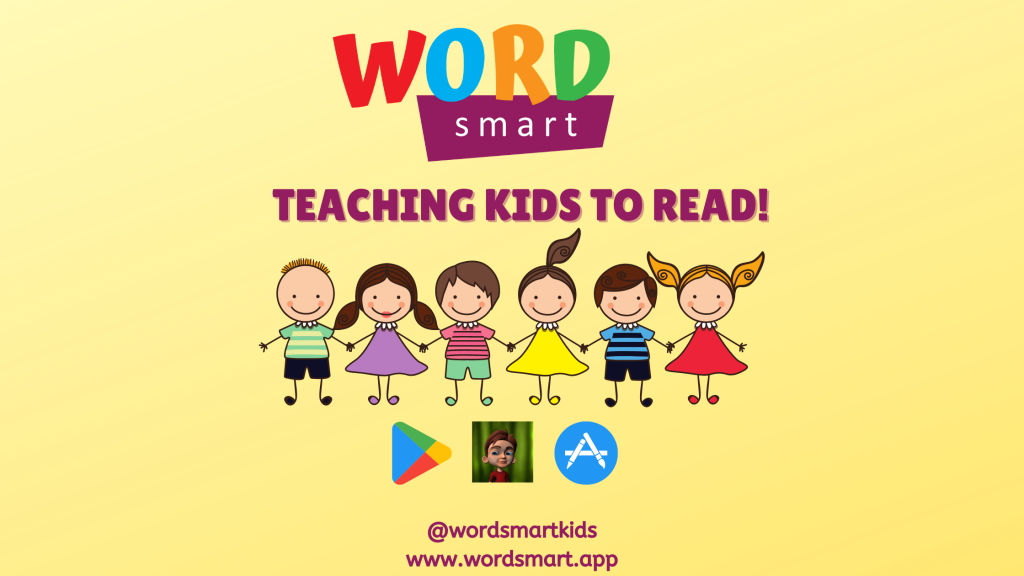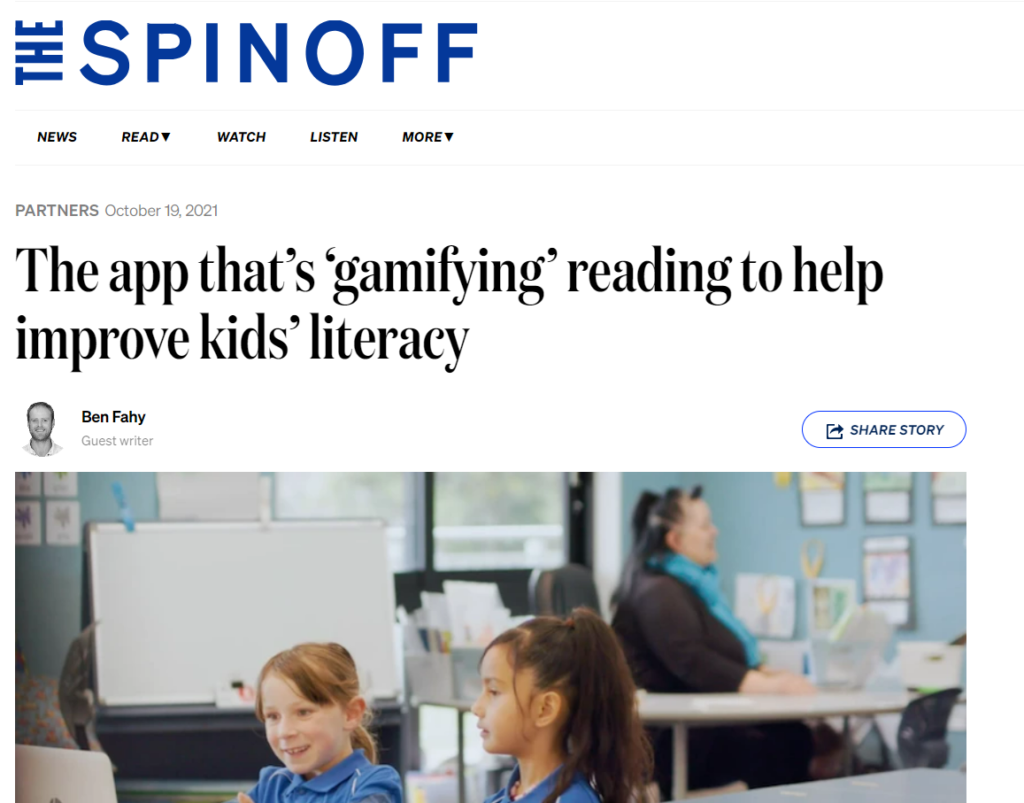All parents understand the importance of their children learning to read. Becoming a confident reader from a young age is critical to your child’s ability to be able to follow their passions and dreams.
However, due to the impacts of COVID-19 on schooling and education, many parents are faced with the need to move to online learning and homeschooling. This change in structure can have its challenges for parents who are now needing to balance work, parenting and teaching. That’s why it’s important to find what your kids are passionate about, then use that passion to help them find the motivation to learn to read without getting discouraged.
Storytelling is how our brain naturally learns
Did you know that children’s academic successes at ages nine and ten can be attributed to the amount of verbal conversation they hear from birth through age three? Oral forms of language (listening and speaking) are typically the very first methods of communication that kids come into contact with. As they begin to create mental associations from listening and speaking, reading and writing will come more naturally. That’s why Wordsmart uses funny oral storytelling to teach the sounds of the letters
It’s absolutely crucial to start your child’s reading journey at an early age, as between the ages of three to seven, your child’s young brain is highly receptive.

Gamifying the process of learning to read and write
Wordsmart is an app that was created to help children improve their literacy through gamification and storytelling. Based on scientific research and personal experience in literacy, the app triggers your child’s learning sweet spot, by mimicking the way our brains naturally learn using storytelling to teach the sounds of the letters.
By using sound, sight and touch to work through quests and earn rewards, kids will be subconsciously developing phonological awareness, letter recognition, sight words, letter-sound matching & tracing, long and short vowels, CVC words, rhyming couplets and more. Wordsmart also encourages psychological well-being in young learners, helping to support and strengthen healthy core beliefs so that children experience positive emotions while learning.
For children who have previously struggled with reading and writing, Wordsmart can instil a more positive learning experience and give them the motivation to continue learning through play. The app has also been successfully used as an intervention tool for all children with learning differences, such as dyslexia, as a more engaging and flexible alternative to conventional learning.
The creators of Wordsmart want to reframe the idea of dyslexia, which means difficulty with words. Instead, they propose the use of their created word, Prolexia, which means being proficient with words, as this expectation shift may play a huge role in helping kids to succeed.
Wordsmart is designed to help set children up for success through interactive games and activities they’ll be excited about.
—-
https://www.stuff.co.nz/life-style/parenting/127913026/learn-to-read-through-gamified-storytelling



